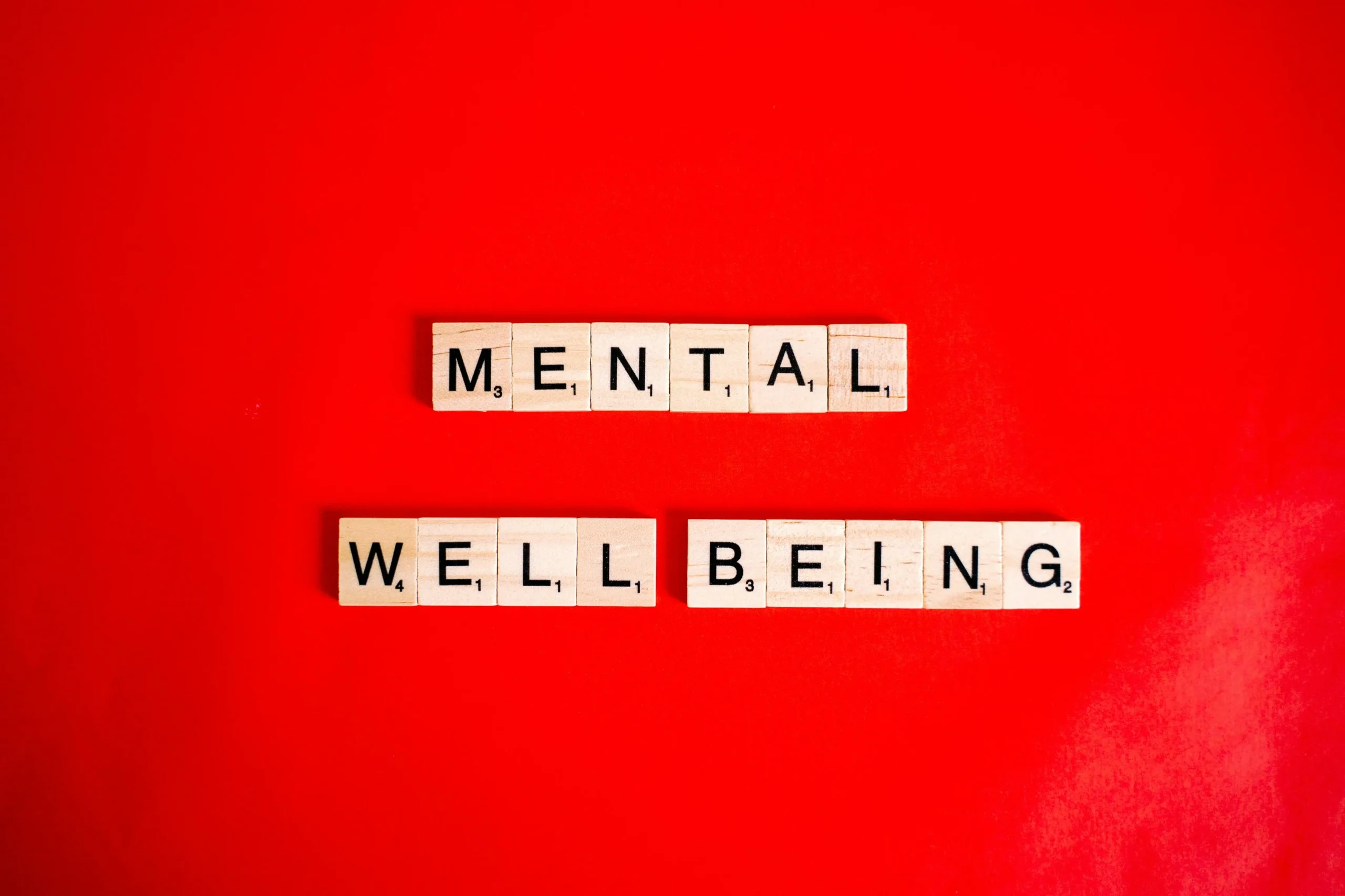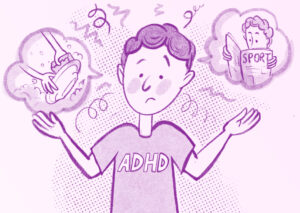For generations, health has been defined almost exclusively by physical well-being—how fit we are, how strong our immune systems are, or how often we visit the doctor. But true wellness goes beyond the physical. Mental health, often overlooked or misunderstood, is just as vital to our overall quality of life.
In fact, your mind and body are deeply intertwined. If one suffers, the other is inevitably affected. This blog explores why mental health should be prioritized just as much as physical health, and how the two support each other in creating a fulfilling, productive life.
Table of Contents
ToggleWhat is Mental Health, Really?
Mental health refers to our emotional, psychological, and social well-being. It shapes how we:
- Process emotions
- Relate to others
- Handle stress
- Make decisions
- Maintain self-esteem
Just as we aim to strengthen our muscles or improve cardiovascular health, we must also work to nurture and protect our mental well-being.
Mental health is not about “being happy all the time”—it’s about balance, awareness, and the ability to cope with life’s challenges effectively.
How Physical and Mental Health Are Connected
Mental and physical health are not separate entities—they are two sides of the same coin.
Here’s how poor mental health can affect physical health:
- Stress weakens the immune system and contributes to conditions like heart disease, diabetes, and high blood pressure.
- Depression is linked to fatigue, chronic pain, poor sleep, and changes in appetite.
- Anxiety can cause headaches, gastrointestinal issues, and chest pain.
- Neglect of mental health often leads to neglect of physical care—like poor hygiene, lack of exercise, or unhealthy eating.
And the reverse is also true:
- Chronic illnesses like cancer, arthritis, or diabetes often lead to emotional distress, anxiety, or depression.
- Physical pain or disability can reduce self-esteem and increase social isolation.
This is why any approach to health must include both the body and the mind.
Why Prioritizing Mental Health is Essential
1. Mental Health Affects Productivity
Work performance, creativity, concentration, and decision-making are all deeply influenced by our emotional state. Poor mental health often results in burnout, absenteeism, and lack of motivation.
In contrast, individuals with good mental health:
- Are more engaged and efficient
- Handle pressure better
- Foster healthier team relationships
- Are more resilient in the face of challenges
2. It Impacts Relationships
Our ability to maintain meaningful relationships is tied to our emotional balance. Mental health affects how we communicate, empathize, and manage conflict.
When mental health is neglected, relationships may suffer from:
- Misunderstandings
- Withdrawal and isolation
- Excessive irritability
- Co-dependence or detachment
3. Mental Health Shapes Our Self-Worth
The inner voice that drives confidence—or self-doubt—comes from mental well-being. People with stable mental health are more likely to:
- Set healthy boundaries
- Make constructive life choices
- Pursue goals with determination
On the other hand, untreated mental health issues often result in feelings of guilt, shame, or a sense of hopelessness.
4. It Supports Physical Health Goals
You can’t expect to follow a diet, maintain an exercise routine, or even recover from illness without mental discipline and motivation. Emotional stability reinforces:
- Long-term physical care
- Medication adherence
- Willpower and consistency
The Problem With Ignoring Mental Health
Despite growing awareness, mental health is still treated as “optional” in many circles. It’s often only discussed in times of crisis—like after a suicide, a nervous breakdown, or addiction relapse.
But ignoring mental health leads to:
- Delayed diagnoses of serious mental illnesses
- Greater social stigma around therapy or medication
- Inefficient healthcare systems that fail to treat the whole person
- Generational trauma, where emotional problems are passed down
- Workplace burnout, now at epidemic levels
What Does Good Mental Health Look Like?
Good mental health doesn’t mean the absence of struggles. It means:
- Being able to express emotions appropriately
- Having self-compassion during tough times
- Setting and maintaining healthy boundaries
- Bouncing back from setbacks
- Feeling purposeful and connected
It’s also about recognizing when you’re not okay—and seeking help without shame.
When to Seek Help from a Mental Health Professional
Just as you’d see a doctor for persistent physical symptoms, mental distress should be addressed by qualified professionals. If you’re experiencing:
- Continuous sadness or emptiness
- Anxiety or panic attacks
- Emotional numbness or apathy
- Trouble focusing or making decisions
- Difficulty maintaining relationships
- Sleep issues or appetite changes
- Thoughts of self-harm or suicide
…it’s time to reach out.
Early intervention makes treatment more effective and helps prevent symptoms from worsening.
Let’s Talk About Therapy
Therapy isn’t just for people with mental illness—it’s for everyone who wants a better quality of life. Whether you’re stressed at work, struggling with a relationship, or navigating grief, therapy offers:
- A safe space to explore emotions
- Structured coping strategies
- Tools for personal growth
- Greater emotional intelligence
Seeing a psychologist is a sign of strength, not weakness.
Mental Health Practices You Can Adopt Today
You don’t have to wait for a crisis to begin prioritizing your mental wellness. Start with simple, actionable steps:
1. Sleep Well
7–9 hours of quality sleep is crucial for brain and emotional functioning.
2. Move Your Body
Even light physical activity like walking improves mood and reduces anxiety.
3. Practice Mindfulness
Meditation, deep breathing, or journaling can calm your nervous system.
4. Stay Connected
Healthy social interaction boosts serotonin and reduces feelings of isolation.
5. Limit Toxic Consumption
Whether it’s junk food, negative media, or harmful relationships—cut down.
6. Talk It Out
Express your feelings with a trusted friend, or better yet, a therapist.
🧑⚕️ Meet Arpan Sarma – Leading Psychologist in Kolkata
Arpan Sarma, a respected mental health professional in Kolkata, offers comprehensive psychological services tailored to individual needs. Whether you’re managing everyday stress or complex mental illness, his empathetic, evidence-based approach ensures that your mental well-being is the priority.
With expertise in:
- Depression and anxiety management
- Cognitive Behavioral Therapy (CBT)
- Stress and burnout recovery
- Relationship and family counseling
- Adolescent and adult therapy
👉 Book an appointment with Arpan Sarma today to start your journey toward emotional well-being.







